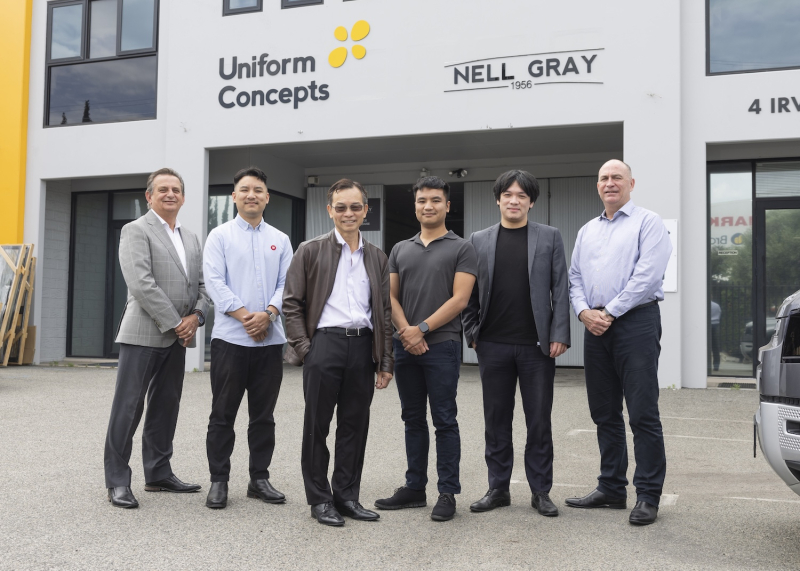Crane hire businesses should position themselves to scale up with a mix of fleet assets to ensure they can service the expected unprecedented demand from the renewables sector.
The arrival of the Anthony Albanese Labor government heralds a push towards renewables with a net-zero emissions target by 2050. And the direction Australia’s energy providers are heading is apparent. New wind farms are being constructed across the country, with the construction process made possible by the crane industry.
Crane companies need to consider positioning themselves to upscale with the move towards the renewable sector, including a transition plan across fleet to ensure they are future-proofed and renewable. They must also understand how to onboard debt to support their growth aspirations and not miss out on these significant opportunities.
Crane hire operations should consider utilising the Environmental, Social and Governance (ESG) framework when planning, with ESG positioned at the core of a crane organisation’s planning, strategy, and approach to operations.
What is ESG?
ESG (Environmental, Social and Governance) factors are core non-financial factors that investors and lenders use to identify material risks and growth opportunities and include the following.
Environmental
Environmental factors relate to a business’s commitment to the natural world in current projects and how they evaluate environmental risks for future projects. These include deforestation, carbon emissions, energy efficiency, waste management, and air and water pollution.
Social
The ‘Social’ component of ESG looks at the business’s relationships with customers, suppliers, the local community, employees, and other stakeholders. Social factors include data protection and privacy, gender and diversity, community engagement, employee health, safety, and human rights.
Governance
Governance in ESG is the internal systems of practices, controls, and procedures. These include tax strategy, stockholder involvement, accurate accounting and reporting, corruption and bribery, board diversity, and structure.
Read more: What is ESG and why it should matter for your business.
ESG presents significant opportunity for the Crane industry
A focus on the environment will be a pivotal cornerstone for the crane industry, with significant opportunity from a project pipeline, skills, and resourcing perspective.
In the last 20 years, approximately 2,725 wind turbines have been built, and there are plans for 1,083 new turbines offshore and 4,355 onshore. At circa $4 million per turbine, this equates to a $17.5 billion project pipeline in onshore wind farms alone. Many of these projects will seek to lower emissions during the construction phase, thus demonstrating the importance of the ESG framework. Energy-efficient fleets with lower emissions will soon be pivotal for awarding contracts in Australia.
Under the Albanese government’s plan to modernise transmission networks, the $20 billion Rewiring the Nation election policy will consider priority project investments. These will include expanding the NSW-Victoria interconnector, the Hume Link in NSW and Marinus Link, which will pump renewable power from Tasmania into the national electricity market.
For crane companies to remain competitive, they need to look towards the ESG framework and understand what is involved in helping them future-proof their fleets and organisation more broadly to comply with the requirements that are unavoidable and just around the corner.
Businesses should plan for a mix of fleet assets, ensuring they are fit for purpose to onboard debt to support their growth aspiration with these opportunities on the horizon.
Get in touch
ESG is becoming increasingly important for businesses as lenders incorporate these factors into their lending criteria. At Ledge, we want to ensure all businesses are well-equipped to continue to secure contracts for large projects, as well as having access to debt solutions.
If this blog has sparked some questions or you want to know more, contact your Ledge Finance Executive, or call our offices on (08) 6318 2777. We will be happy to assist.





